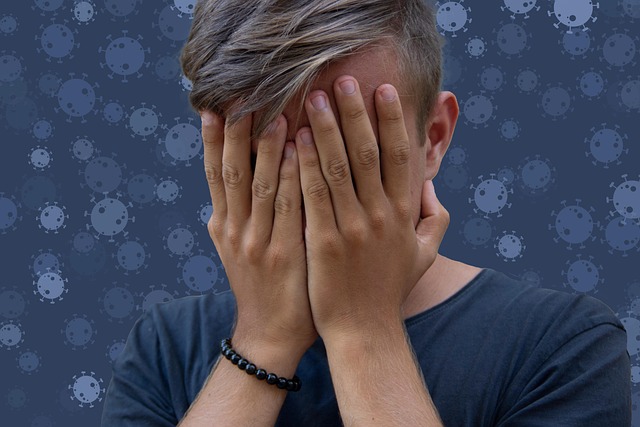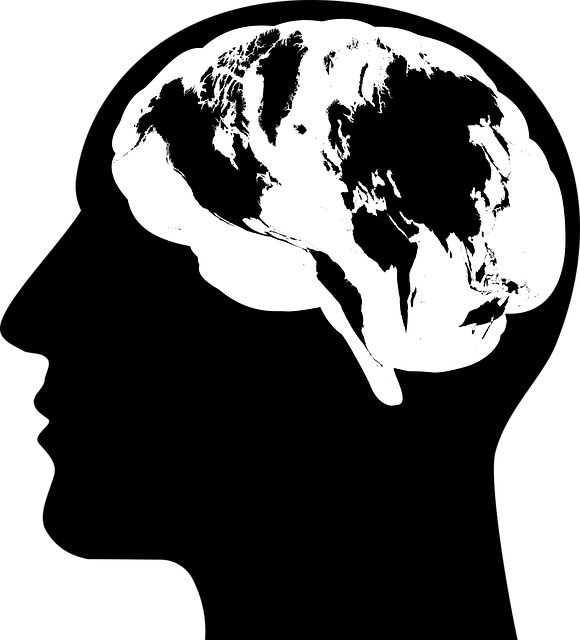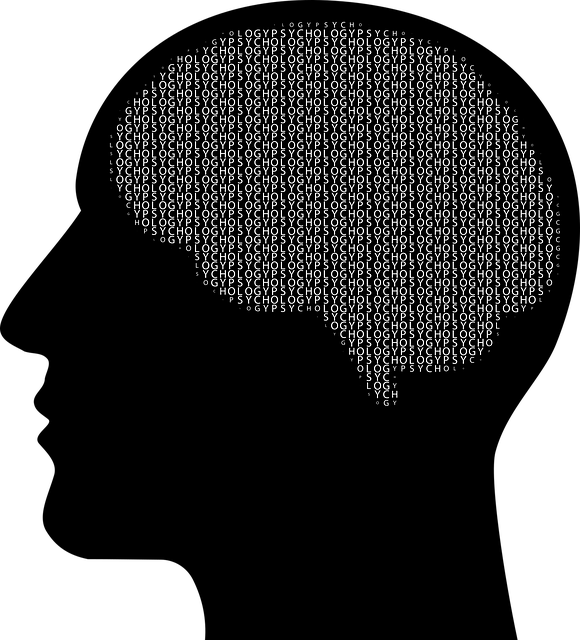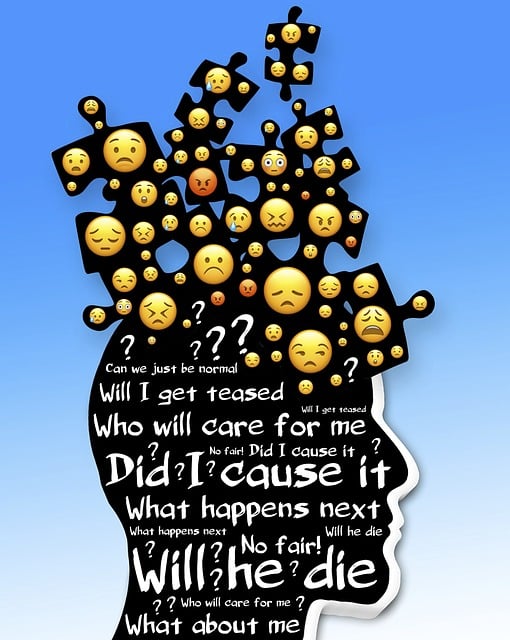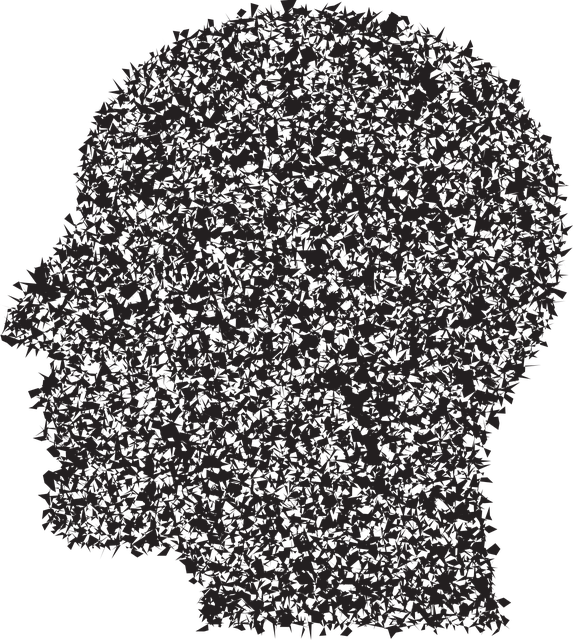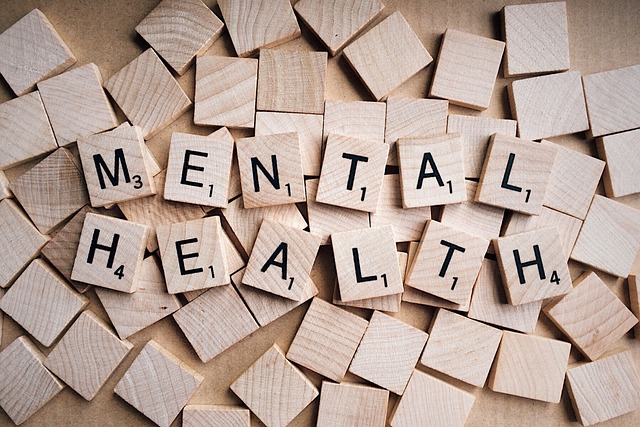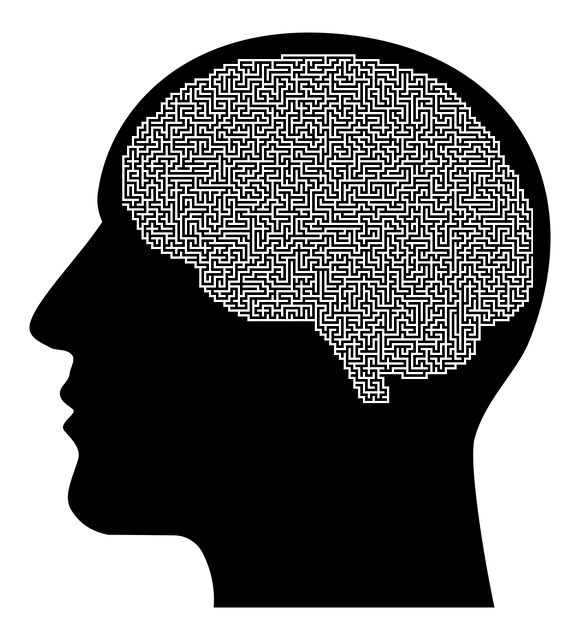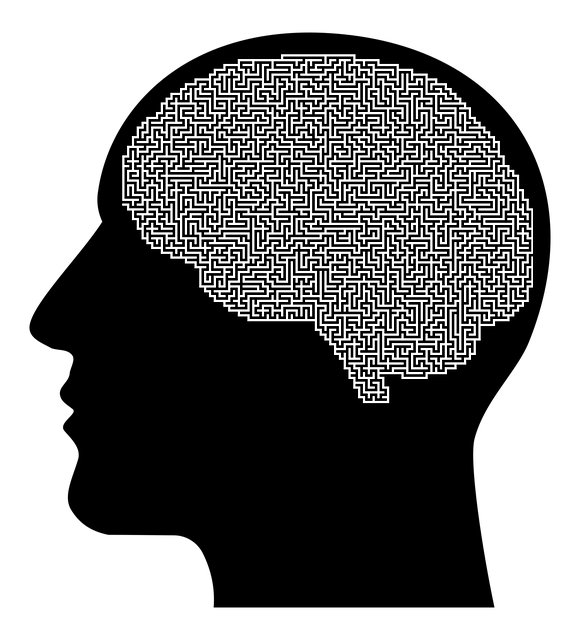Mental illness stigma impedes access to care and support, leading to prolonged suffering in silence. Lone Tree Geriatrics Therapy advocates for raising awareness and education to reduce stigma through workshops, community events, and media portrayals. They empower individuals with knowledge about mental health, challenge stereotypes, and inspire open conversations, fostering a supportive society that encourages help-seeking behaviors. Community engagement and support networks, like peer groups and educational workshops, further normalize mental health discussions, promoting resilience and early intervention.
Mental illness stigma, a pervasive barrier to seeking help, profoundly impacts access to effective care. This article explores comprehensive strategies to reduce stigma, from raising awareness through education and media representation to empowering community engagement and grassroots support networks. We delve into the critical roles of policy changes and systemic reforms, emphasizing accessible, non-judgmental mental health services provided by professionals like Lone Tree Geriatrics Therapy. By understanding the far-reaching effects of stigma, we can foster an environment conducive to improved mental well-being for all.
- Understanding Stigma and its Impact on Mental Health Care Seeking
- Strategies for Raising Awareness and Promoting Education
- The Role of Media and Cultural Representation in Reducing Stigma
- Community Engagement and Support Networks: Empowering Change at the Grassroots Level
Understanding Stigma and its Impact on Mental Health Care Seeking

Stigma surrounding mental illness can significantly hinder individuals from seeking much-needed care and support. Often characterized by negative attitudes, beliefs, or stereotypes about people with mental health conditions, stigma creates a barrier that prevents people from discussing their struggles openly. This internalized shame and fear of judgment may lead to prolonged suffering and an avoidance of treatment options like those offered at Lone Tree Geriatrics Therapy. As a result, many individuals endure the challenges of mental illness in silence, exacerbating existing symptoms and potentially leading to more severe consequences.
Understanding the impact of stigma is crucial for developing effective strategies to combat it. By raising awareness about mental wellness and promoting compassionate approaches, healthcare providers can play a pivotal role in burnout prevention. Implementing crisis intervention guidance tailored to address stigma-related concerns can create safer spaces for individuals to express their experiences. This, in turn, encourages them to actively engage in their mental health care, fostering resilience and overall well-being.
Strategies for Raising Awareness and Promoting Education

Mental illness stigma reduction requires a multi-faceted approach, with raising awareness and promoting education as key strategies. One effective method is to encourage open conversations about mental health in various settings, from schools to workplaces. This can be facilitated through workshops, seminars, and community events hosted by organizations like Lone Tree Geriatrics Therapy. These platforms provide opportunities for people to learn about different types of mental illnesses, dispel myths, and gain insights into successful coping strategies.
Educational initiatives should also focus on promoting positive thinking, self-esteem improvement, and mood management techniques. By equipping individuals with the knowledge and tools to recognize and address their own or others’ mental health struggles, we can foster a more supportive and inclusive society. This, in turn, helps reduce the stigma associated with seeking help for mental health issues.
The Role of Media and Cultural Representation in Reducing Stigma

The media plays a powerful role in shaping societal perceptions, including those regarding mental illness. Accurate and empathetic representation in films, television shows, and news coverage can significantly contribute to stigma reduction efforts. By showcasing individuals with mental health challenges as relatable characters with diverse stories, media platforms can dispel myths and promote understanding. For instance, featuring characters with anxiety or depression who seek therapy, much like those supported by Lone Tree Geriatrics Therapy, can normalize the idea of seeking help.
Cultural representation matters too. When diverse communities see themselves reflected in media narratives, it fosters a sense of belonging and encourages open dialogue. This is particularly important for marginalized groups, as it challenges internalized stigma and promotes the idea that mental health struggles are universal experiences. By incorporating these discussions into everyday conversations, we can improve mental health awareness and encourage friends, family, and communities to offer support rather than judgment, ultimately helping to alleviate anxiety relief concerns. Effective communication strategies, inspired by such media efforts, can empower individuals to share their stories and reduce the isolation often associated with mental illness.
Community Engagement and Support Networks: Empowering Change at the Grassroots Level

In the fight against mental illness stigma, community engagement and support networks play a pivotal role in fostering change at the grassroots level. Initiatives led by organizations like Lone Tree Geriatrics Therapy focus on empowering individuals to take charge of their mental wellness. By creating safe spaces where conversations around mental health are normalized, these efforts build resilience and encourage early intervention—crucial steps in stigma reduction.
Through community outreach programs, peer support groups, and educational workshops, Mental Illness Stigma Reduction Efforts gain momentum. Encouraging open dialogue not only boosts confidence but also provides practical tools for managing mental wellness. For instance, Lone Tree Geriatrics Therapy offers Mental Wellness Journaling Exercise Guidance, a simple yet effective method to help individuals track their emotions, thoughts, and progress, ultimately promoting self-awareness and personal growth.
Mental illness stigma reduction is a multifaceted approach that involves raising awareness, accurate representation in media, and fostering supportive community engagement. By implementing these strategies, as exemplified by initiatives from organizations like Lone Tree Geriatrics Therapy, we can create an environment where individuals feel comfortable seeking mental health care without fear of judgment or discrimination. Through collective efforts, we can break down barriers and ensure everyone has access to the support they need for their mental well-being.


